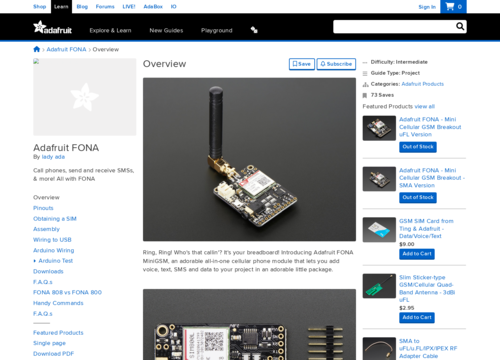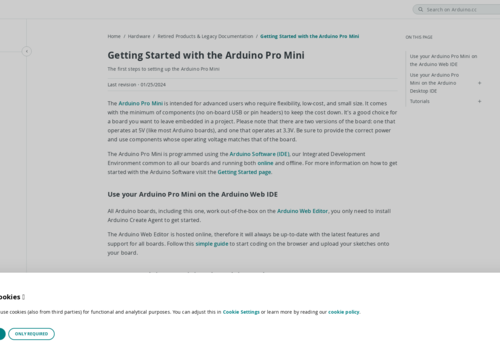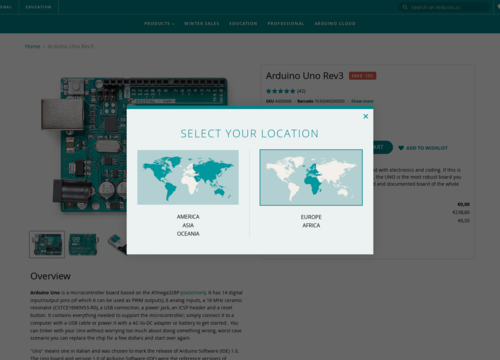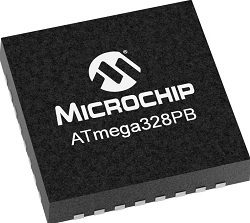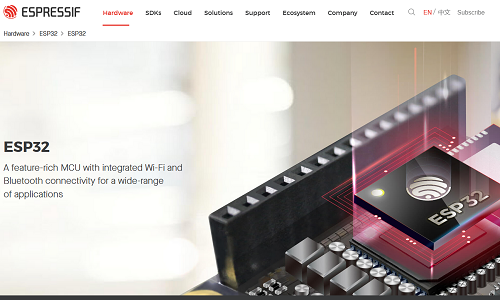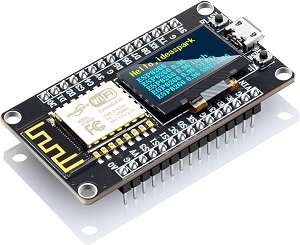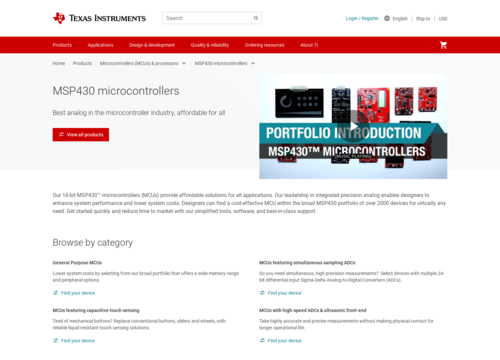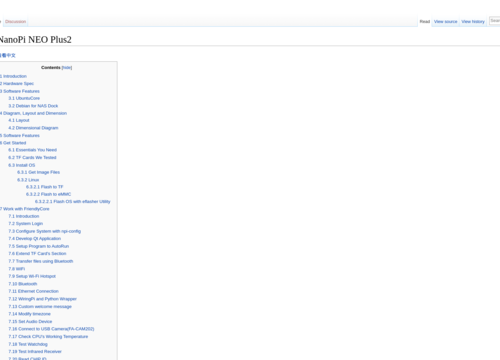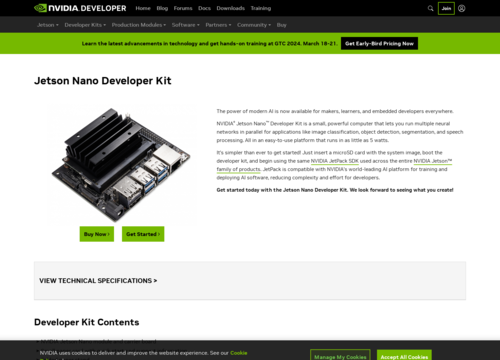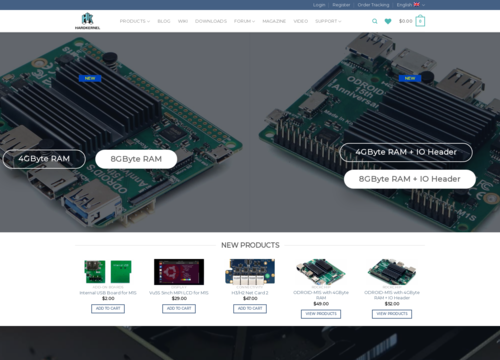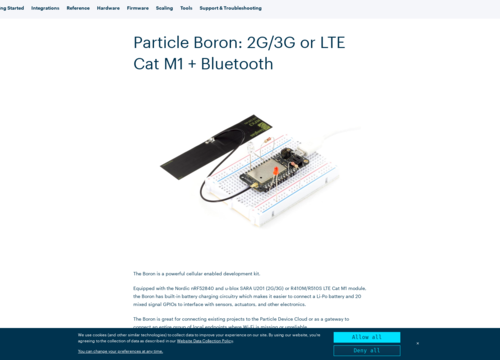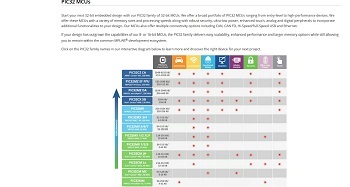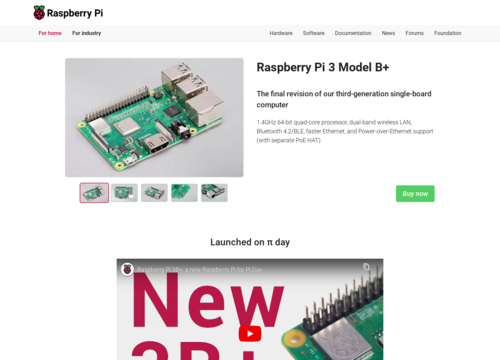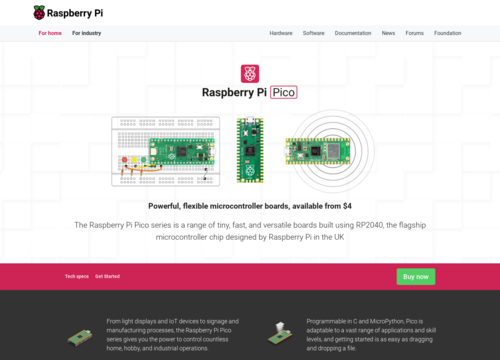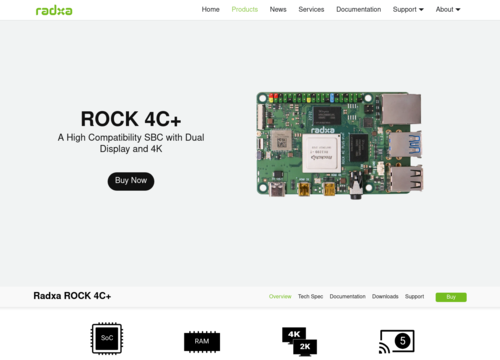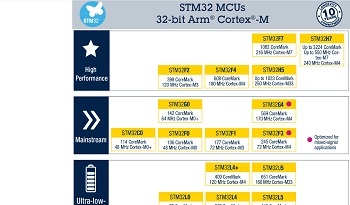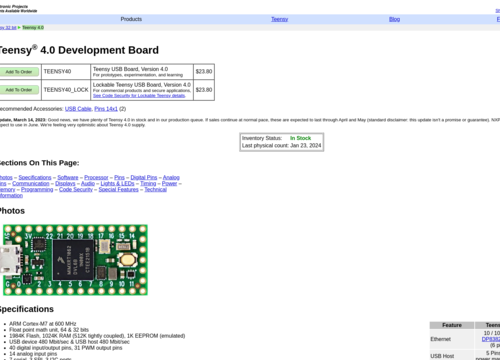Adafruit Fona
Adafruit Fona is a series of small modules made by Adafruit Industries and designed primarily for adding cellular communication to your projects. These modules enable devices to send and receive data, text, and voice calls. The following is a detailed breakdown of their key features and functionalities:
Cellular Communication Capabilities
The Adafruit Fona module allows for projects to access GSM cellular networks. This means that they can perform tasks such as sending SMS messages, making voice calls, or using GPRS for basic data transfer (such as accessing the internet). However, the speed and capabilities depend on the specific Fona module used and the cellular network's support.
Variants and Network Compatibility
The Fona series includes several models, each tailored to different needs and network technologies. Some models support 2G networks, while newer ones might support 3G or LTE. It is important to choose a model that is compatible with the cellular network available in your area, as 2G networks are being phased out in many places.
Size and Integration
One of the key advantages of Fona modules is their small size, which makes them perfect for compact or portable projects. These devices are designed to be easily integrated with microcontrollers such as Arduino or Adafruit's own feather boards.
GPS Functionality
Some Fona modules come with built-in GPS capabilities, allowing your project to track its location. This feature is particularly useful for projects such as pet trackers, vehicle tracking systems, or portable devices where location tracking is essential.
Power requirements and management
Fona modules are designed to be power efficient, but they still require a decent amount of power, especially during transmission. They typically operate on a range of voltages suitable for battery-powered applications. Additionally, some modules have features such as sleep mode to conserve power when not actively transmitting.
Programming and Customization
Programming a Fona module involves using AT commands, which are standard commands used for controlling modems. This means you will need some basic understanding of these commands to interact with the module. Adafruit provides extensive documentation and libraries to help streamline this process, especially for popular platforms such as Arduino.
Applications and Use Cases
The Fona modules are incredibly versatile and can be used in a wide range of applications, from basic IoT (Internet of Things) projects to more complex systems such as remote sensors, emergency systems, or interactive art installations.
Community and Support
As an Adafruit product, the Fona series benefits from a strong community and good support. Adafruit forums and online resources are valuable for troubleshooting, receiving advice, and sharing project ideas.
Ease of Use and Accessibility
Despite their advanced capabilities, Adafruit Fona modules are designed to be accessible even to beginners in electronics and programming. The availability of detailed tutorials, sample codes, and a supportive community lowers the barrier to entry. This makes them an excellent choice for educational purposes, DIY projects, or even prototype development in a professional setting.
Antenna and External Components
Most Fona modules require an external antenna for cellular communication. This antenna is usually included with the module, but the user must ensure that it is properly connected. Additionally, some models might require other external components, such as a SIM card for cellular access or a battery or power source.
Customization and Expandability
The Fona modules, like many Adafruit products, are designed with customization in mind. Users can expand their capabilities by connecting additional sensors, modules, or actuators. This modular approach allows for a great degree of flexibility in project design.
Regulatory Compliance
Cellular devices such as the Fona modules must comply with various regulations, which can vary by country. This includes regulations regarding radio frequency emissions, cellular network access, and user privacy. Adafruit ensures that its modules meet these regulatory standards, but users should also be aware of their local regulations, especially if they are modifying the module or using it in a nonstandard way.
Cost-effectiveness
Adafruit Fona modules are generally priced to be affordable for hobbyists and DIY enthusiasts. While not the cheapest modules on the market, they strike a balance between cost, functionality, and quality. This makes them a value-for-money choice for many users.
Integration with Other Adafruit Products
Adafruit designs its products to be highly compatible with each other. This means that integrating Fona modules with other Adafruit components, such as sensors or display screens, is often straightforward. This ecosystem approach can save time and effort in project development.
Future-Proofing and Updates
As cellular technology evolves, some older Fona modules might become obsolete, particularly those relying on 2G networks. However, Adafruit regularly updates its product line to include modules compatible with newer technologies such as 4G/LTE. Users should consider future network compatibility when choosing a module for their project.
The Adafruit Fona series offers a versatile and accessible way to add cellular functionality to a wide range of projects. Whether you are a hobbyist, educator, or professional, these modules provide a reliable and cost-effective solution for mobile communication and IoT applications. With Adafruit's commitment to quality, community support, and ongoing innovation, the Fona series remains a popular choice in the world of electronics and DIY projects.




















